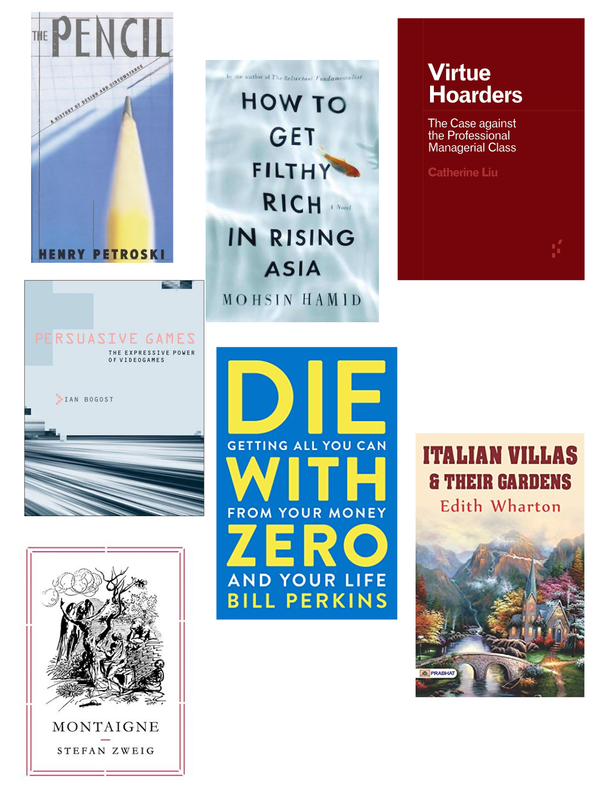
I Made a Reading App (+ February Reads)
Download Bram's Reading App on the App Store!

Download Bram's Reading App on the App Store!

havent taken a dump in a minute
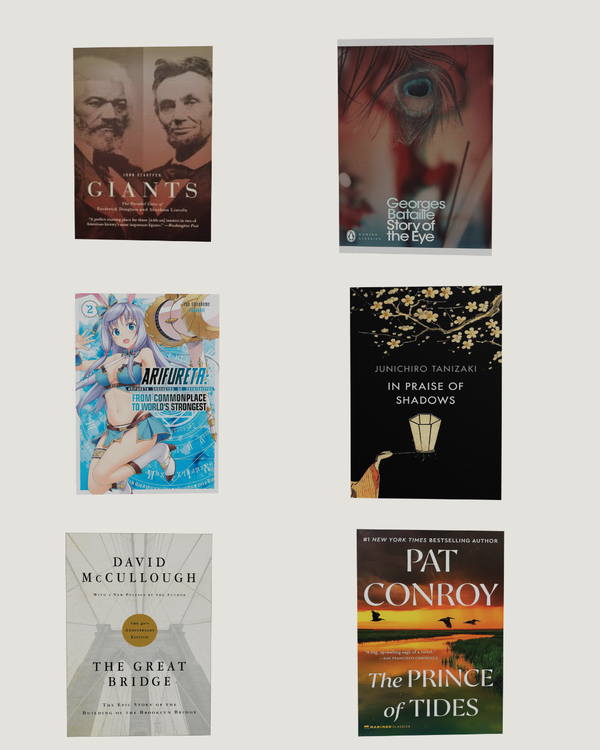
What did Bram read in January?
These are a collection of my most salient contributions to the software space of humanity. They update as I learn more about life, of course.

is there something here?

-
I'm remembering why I don't like my birthday.
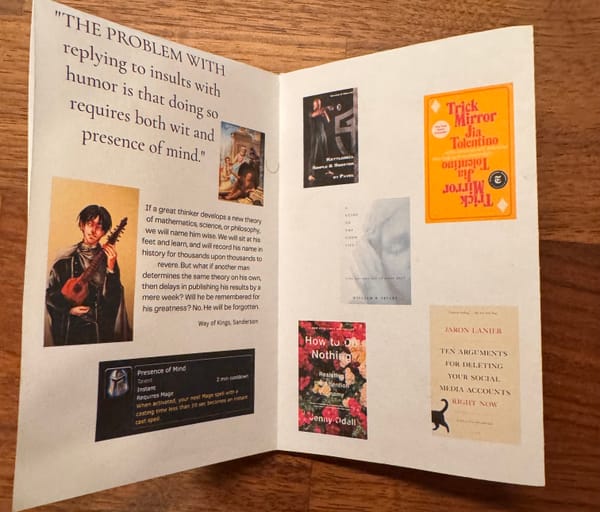
-
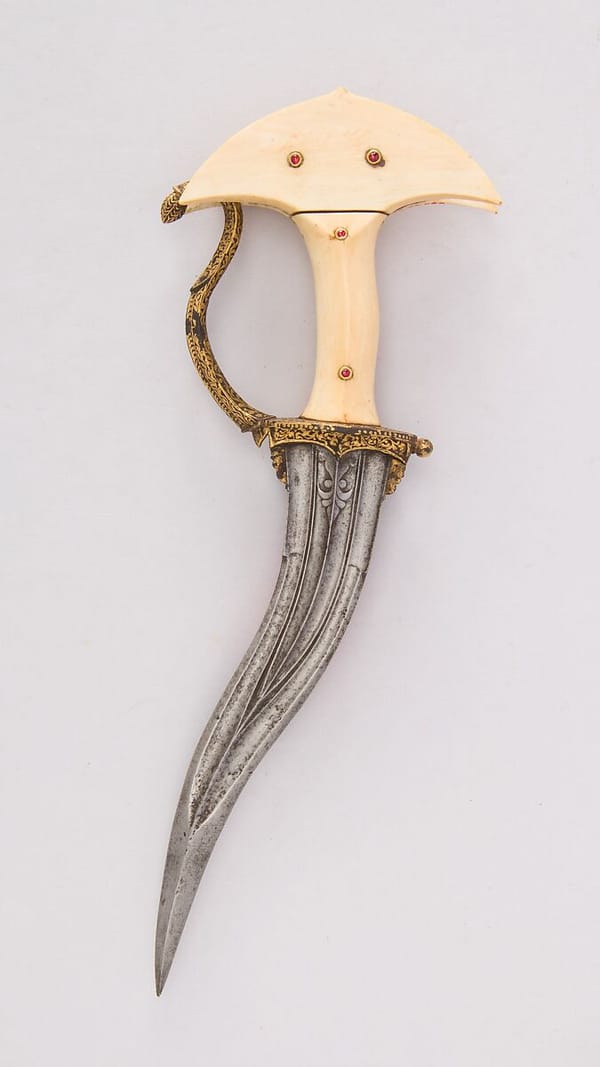
-

-

Book Tech Projects
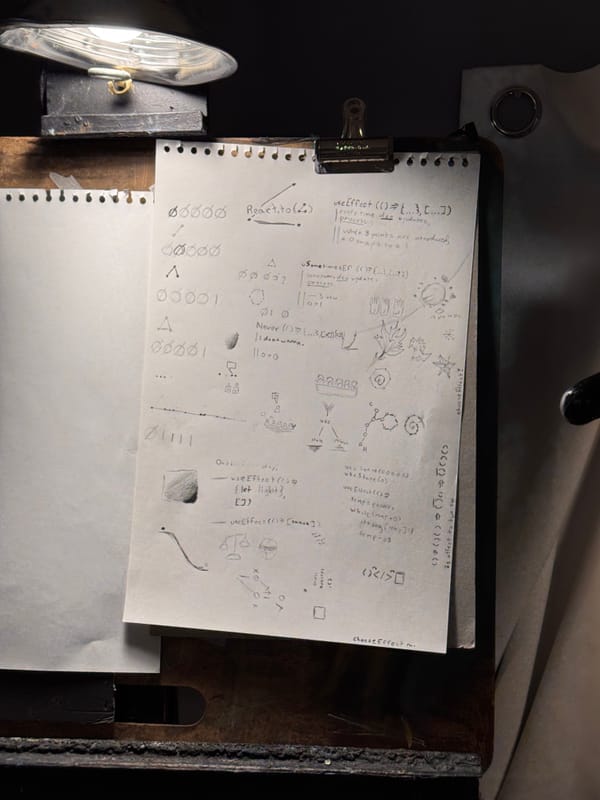
BOOK TECH BOOK TECH